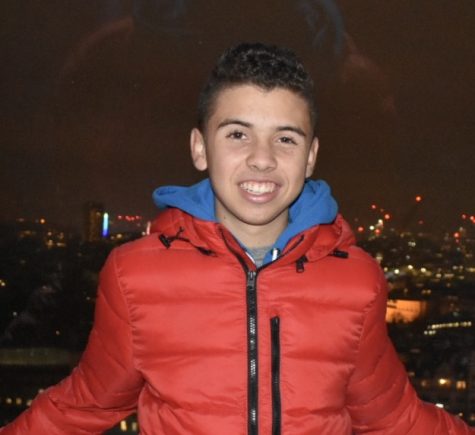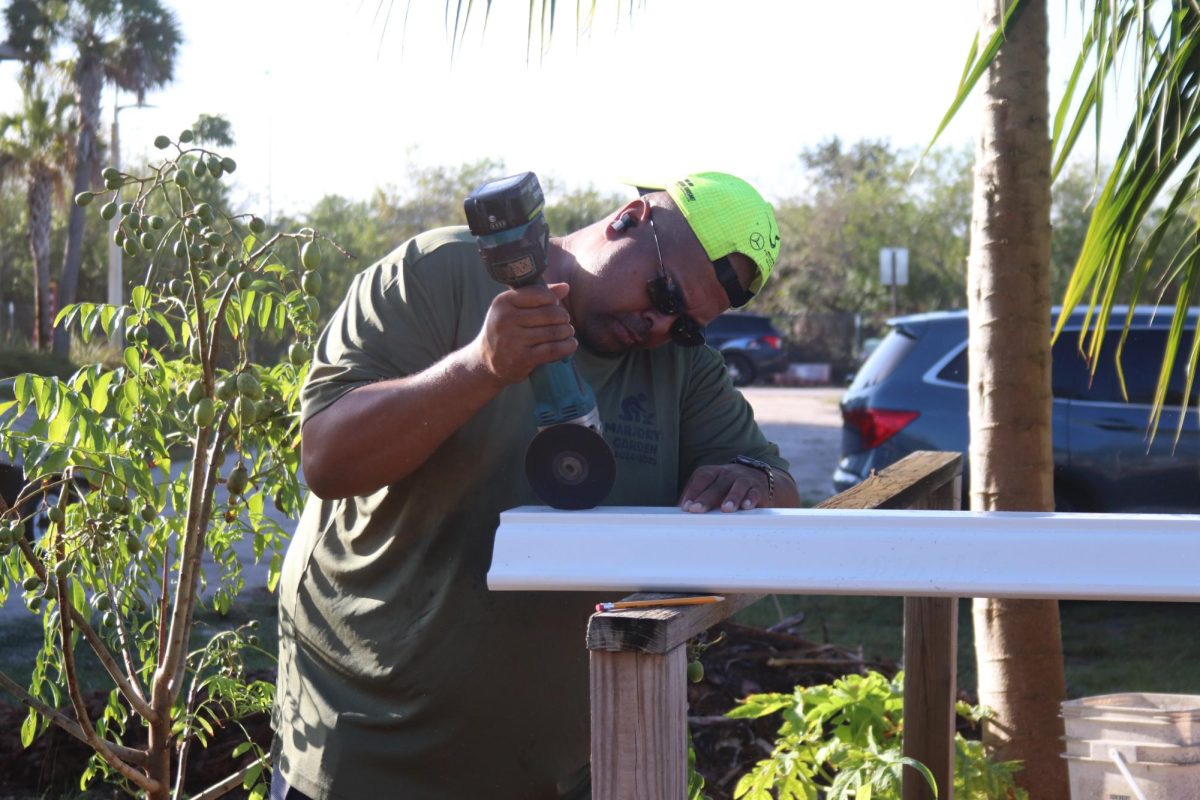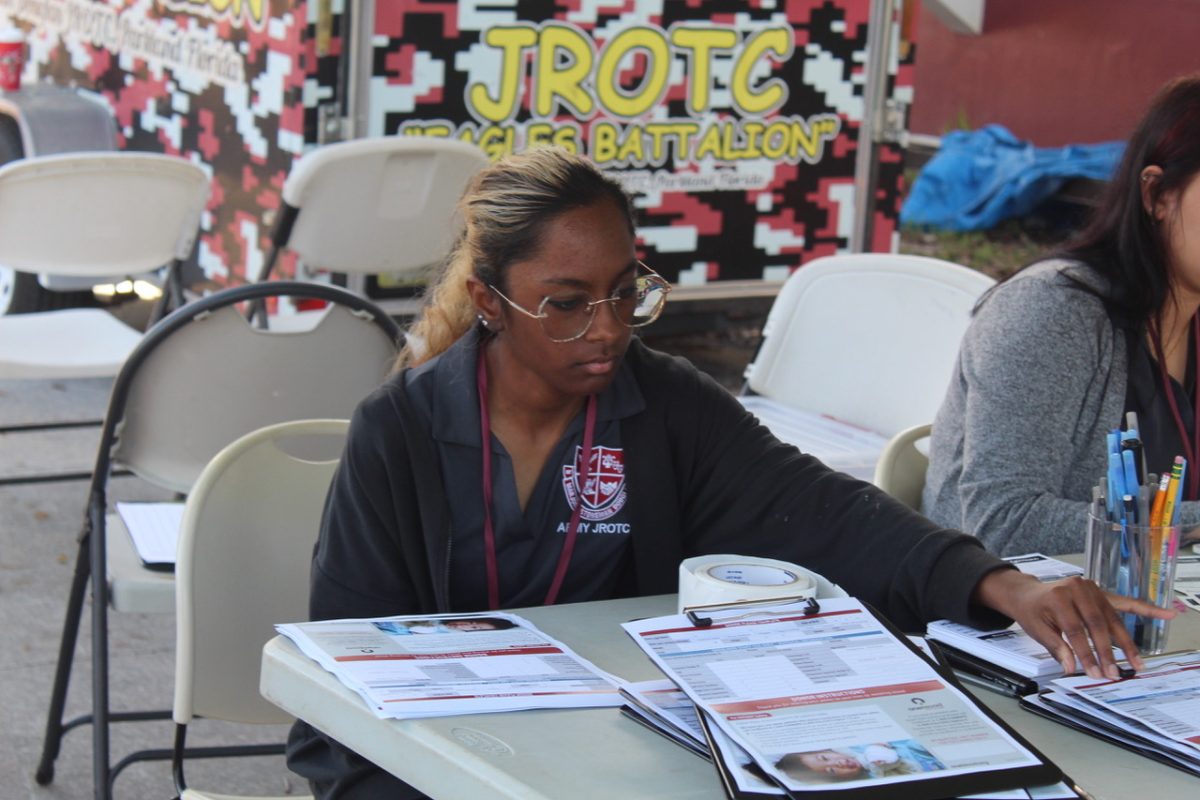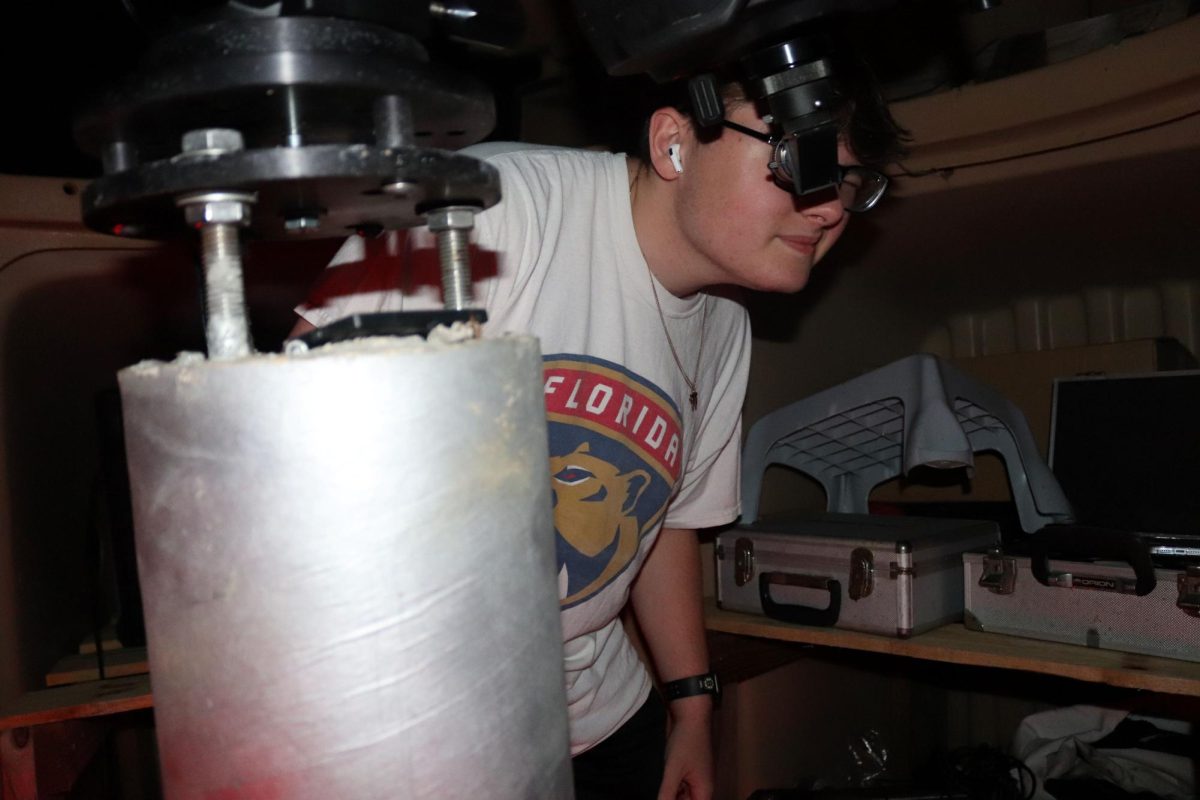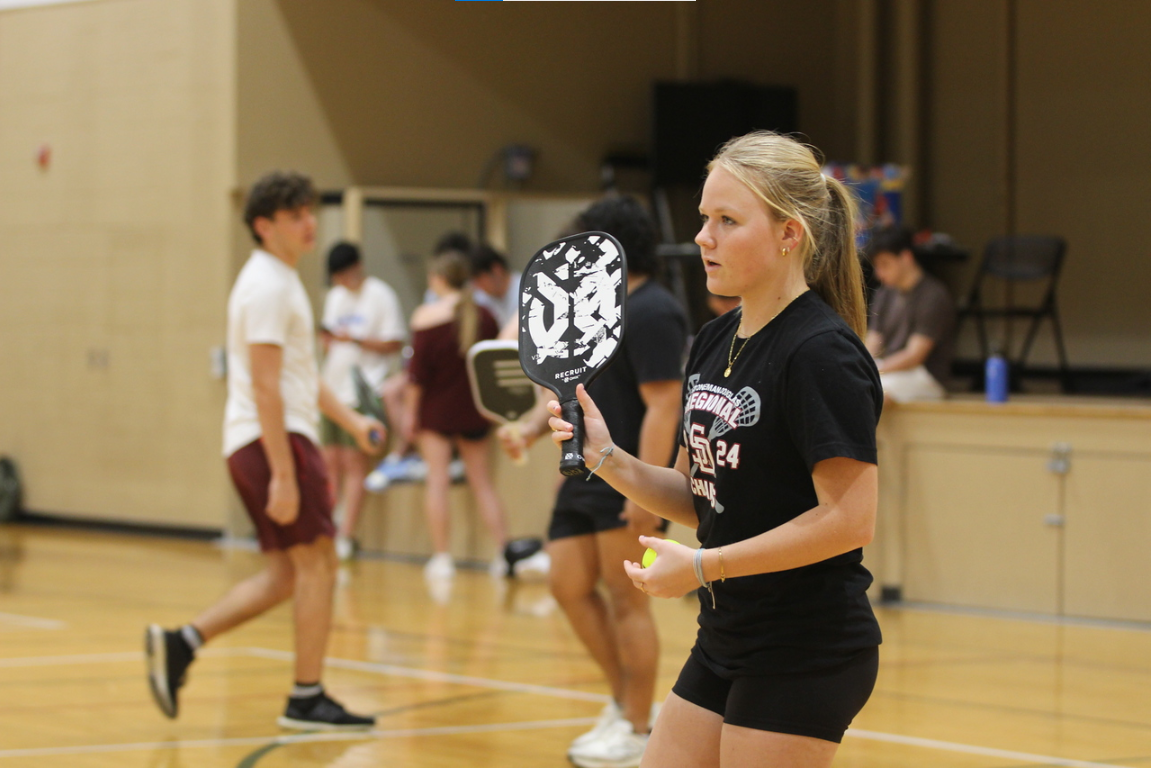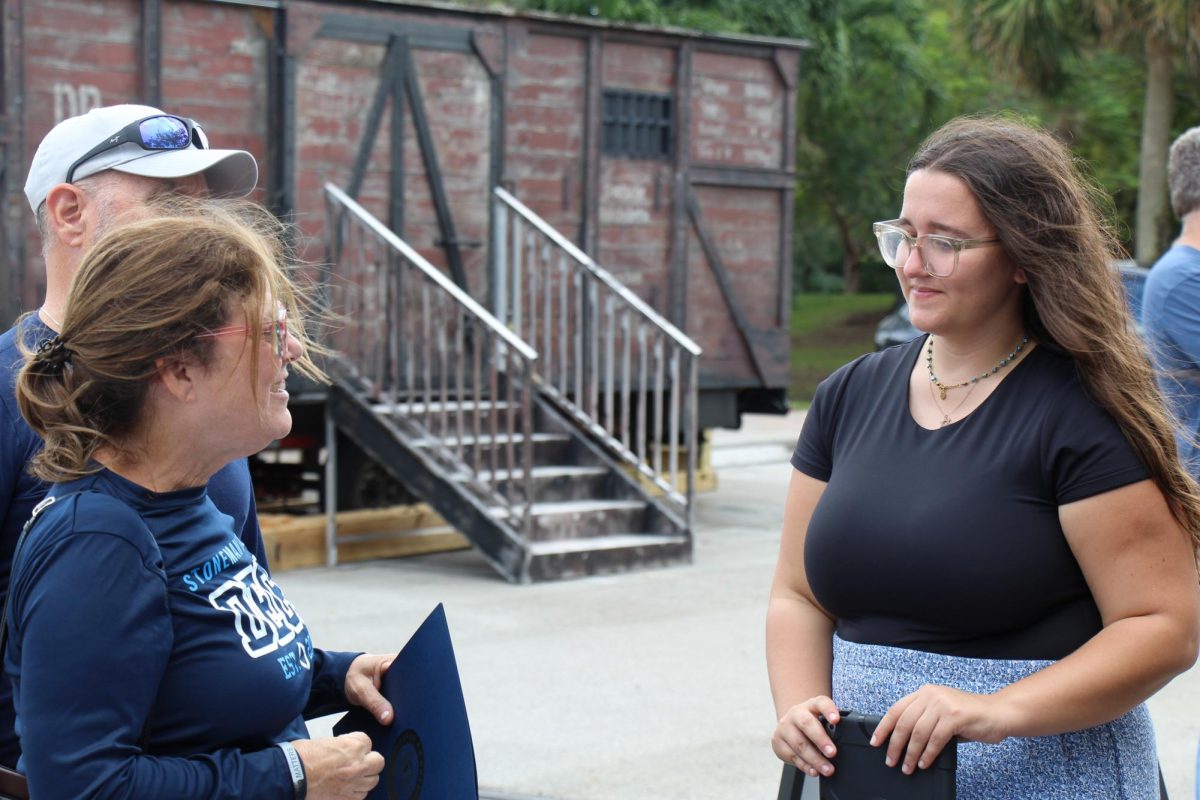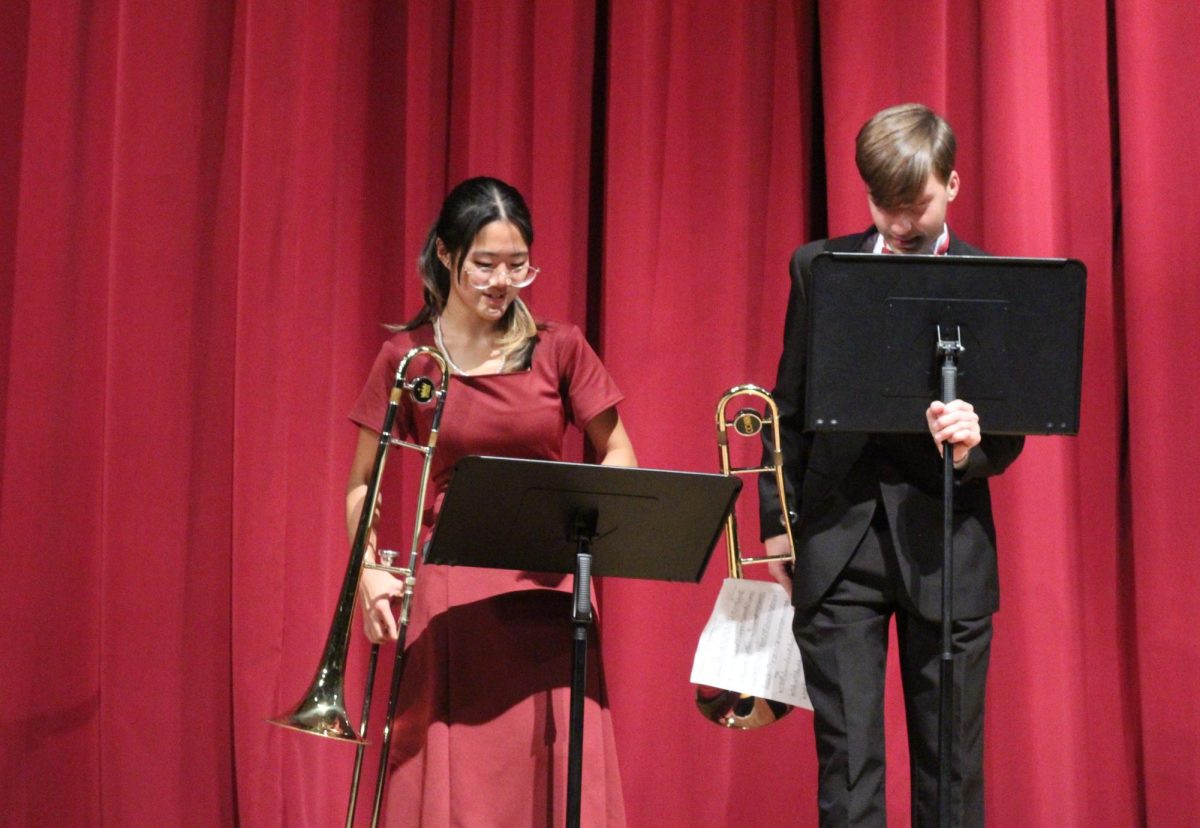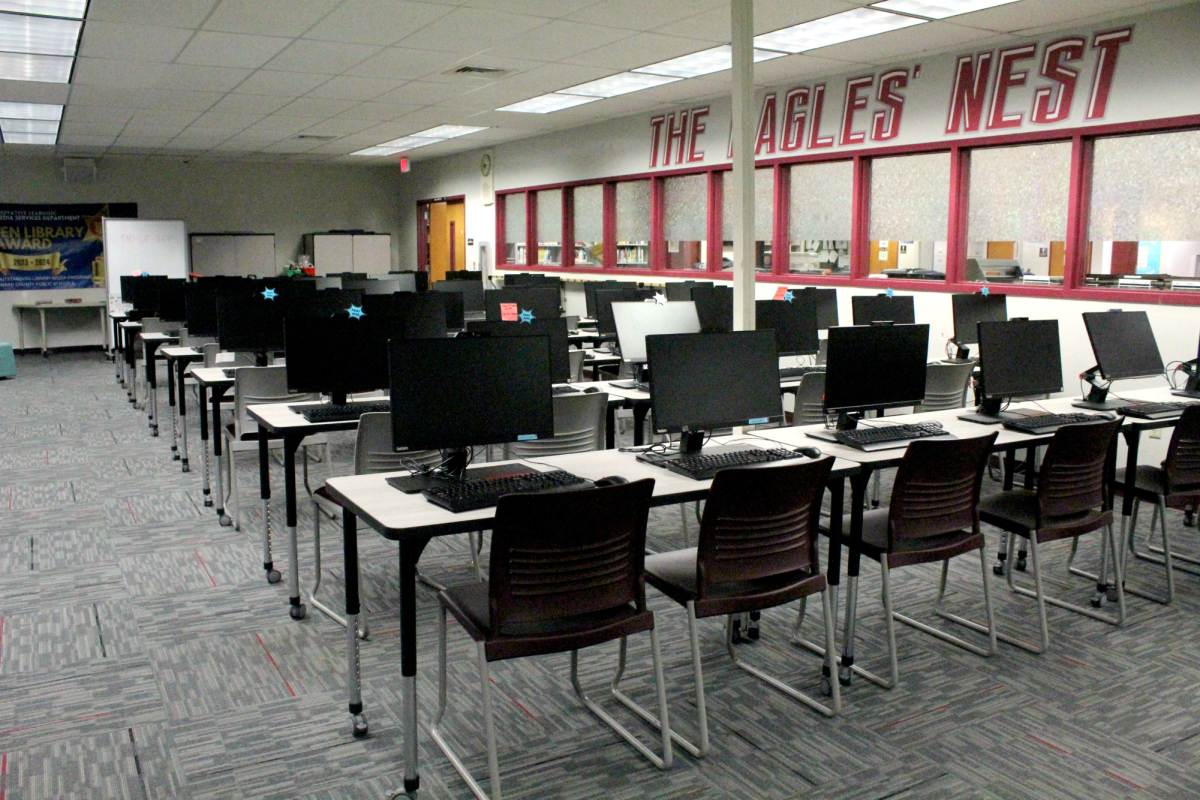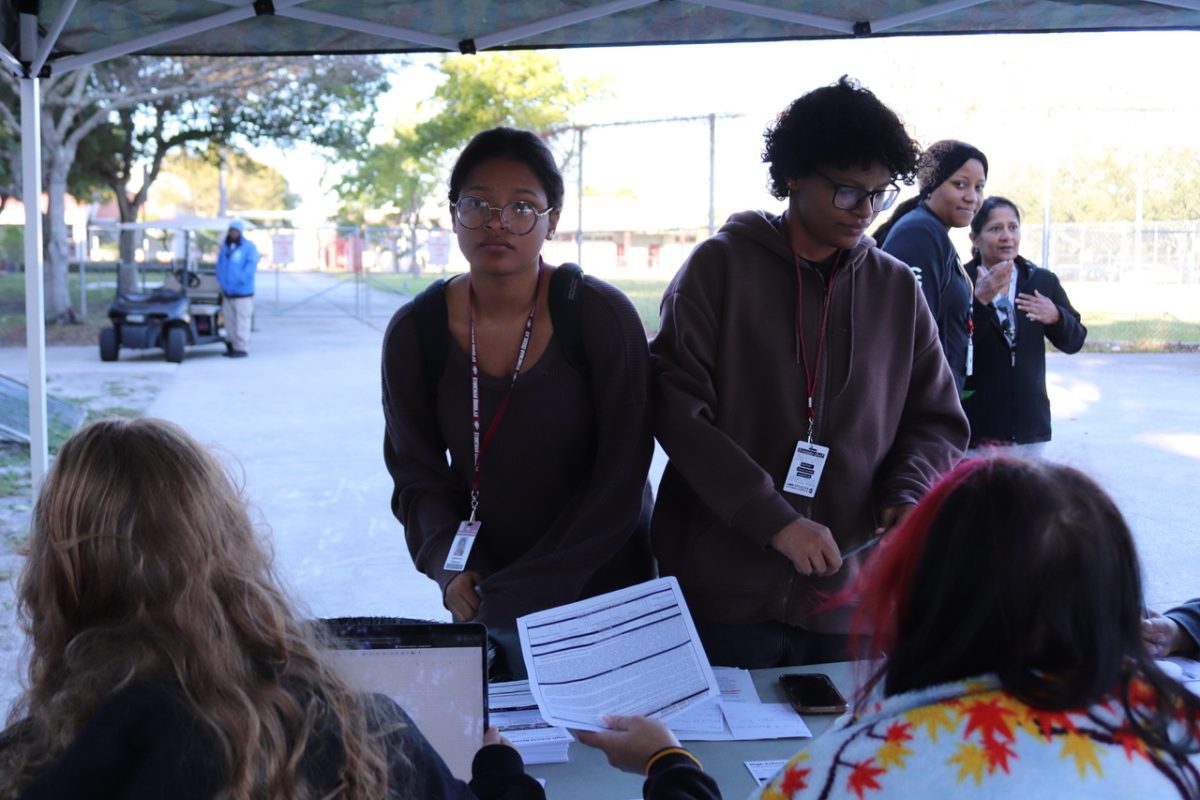
On Jan. 4, the first school day after winter break, around 1,800 Broward County Public School teachers with previously granted accommodations to teach from home were told that they had to return to their brick-and-mortar schools by Monday, Jan. 11.
Up until that point, those teachers worked from home, live teaching their students remotely through Microsoft Teams. For these individuals, teaching at school in the midst of the ongoing pandemic presented a health risk.
“I don’t like that the teachers are being forced back into school,” Marjory Stoneman Douglas High School senior Jason Hameed said. “It’s reckless especially to the teachers with pre-existing conditions. Teachers are able to teach from home the same way they would in school, so I believe they should be able to stay home if they choose to.”
In October, BCPS decided who they were going to allow to work remotely based on certain levels of medical conditions. The district gave priority to teachers who had diseases that would put them at high risk for COVID-19 infection, using a tiered system.
Tier 1 included cancer, heart disease, kidney disease, obesity and diabetes. Tier 2 included human immunodeficiency virus (HIV) diagnosis, asthma or high blood pressure. Tier 3 included teachers with a high risk family member. The district granted permission to Tier 1 and some Tier 2 teachers to work from home. All others were required to return to school during the first semester.
Before January, 29 MSD teachers were granted remote work assignments.
Anna Fusco, the president of the Broward Teachers Union, believes that there is enough coverage by teachers to cover for the Tier 1 teachers that need to stay home because of a health complication.
“We have more than 90 percent of our teachers back in schools, and we have about 20 percent of our student population,” Fusco said in a Jan. 5 interview with Local 10 News. ‘There are more than enough teachers to accommodate our students that are back on campus.”
According to a Nov. 4, 2020 Sun Sentinel article, BCPS Superintendent Robert Runcie says that the county has allowed more accommodations than they should have.
“We might as well shut down the district and shut down the country if we’re going to do [allow teachers to stay home,” Runcie said.
BCPS advised teachers that they had to physically return to school by Jan. 8 and that their only alternative option was to take an unpaid leave of absence.
In response to the district’s order that all teachers return to their physical work sites, BTU sued BCPS to prevent the cancellation of online teaching assignments for medically high-risk educators. In August 2020, the school district negotiated a return to school memorandum of understanding the teacher’s union. The union’s suit alleged that the district was in violation of that agreement.
The case was set for an arbitration hearing, where participants present their evidence and make arguments supporting their position. After hearing both sides, the arbitrator decides in the favor of one side or will try to find a compromise between the parties.
“The expedited arbitration is a win for our members because our case to fight for accommodations extensions will be heard and decided much sooner on a fast-track basis,” Fusco said in an email to BTU members.
Arbitrator Roger I. Abrams listened to arguments from both sides starting at 9 a.m. on Jan. 21. Arguments lasted for three days.
The school district argued that according to a letter sent to Runcie and the school board by the Florida Education Commissioner Richard Corcoran, schools had an operational need for all teachers to return. Additionally, the district extended 600 of the 1800 remote work assignments for the second semester. School principals made the ultimate decisions on whether or not to extend accommodations.
The BTU argued that the district’s decision to suspend all work from home accommodations was “arbitrary and capricious,” which was in violation of the MOU, and that the district had not exhausted all ways to ensure that the most medically vulnerable teachers were protected.
On Monday, Jan. 25, Abrams issued his ruling.
“The District may require teachers to return to their classrooms to meet operational needs based on the number of students who intend to return to school… In order to monitor compliance with this guidepost, the Union must be supplied information in a timely fashion of how the principals exercised their right to grant or deny remote assignments.”
As a result of this ruling, the district was allowed to end remote work assignments for teachers, and each principal had to submit in writing how they made their decisions about who was granted extensions for their remote assignments. Union representatives from each school met with their principals for one hour to discuss the decision-making process.
The central roadblock to continuing accommodations at the high school level was the end of the use of overflow rooms for students whose teachers were working remotely. During first semester, face-to-face students connected to class via their computer and Microsoft Teams while being supervised in the mini-gym. The FLDOE’s letter stated that all students physically returning to school had to have their assigned classroom teacher in front of them in the classroom.
At MSD the number of teachers and staff on remote assignments dropped from 29 to six.
“The parameters outlined in the FLDOE’s letter made it impossible to extend work from home accommodations to most high school teachers,” Melissa Falkowski, MSD’s designated BTU steward, said. “It was only possible through schedule changes, that some teachers were able to be given a full schedule of virtual only students, so they could continue working remotely. Mrs. Kefford and our administration did everything in their power to give the most number of accommodations possible to our staff.”
According to a Jan. 11 Miami Herald article, BCPS has had 100 teachers retire and 100 staff members call in sick or take a leave of absence since Dec. 17, 2020. At MSD, 7 teachers have taken a leave, quit or retired since August.
Since the ruling, the BTU has continued to advocate for medically vulnerable teachers to be given remote work assignments. On Saturday, Feb. 20, the union led a 200 car caravan through Broward County to raise awareness about the plight of these teachers.
This story was originally published in the March 2021 Eagle Eye print edition.


